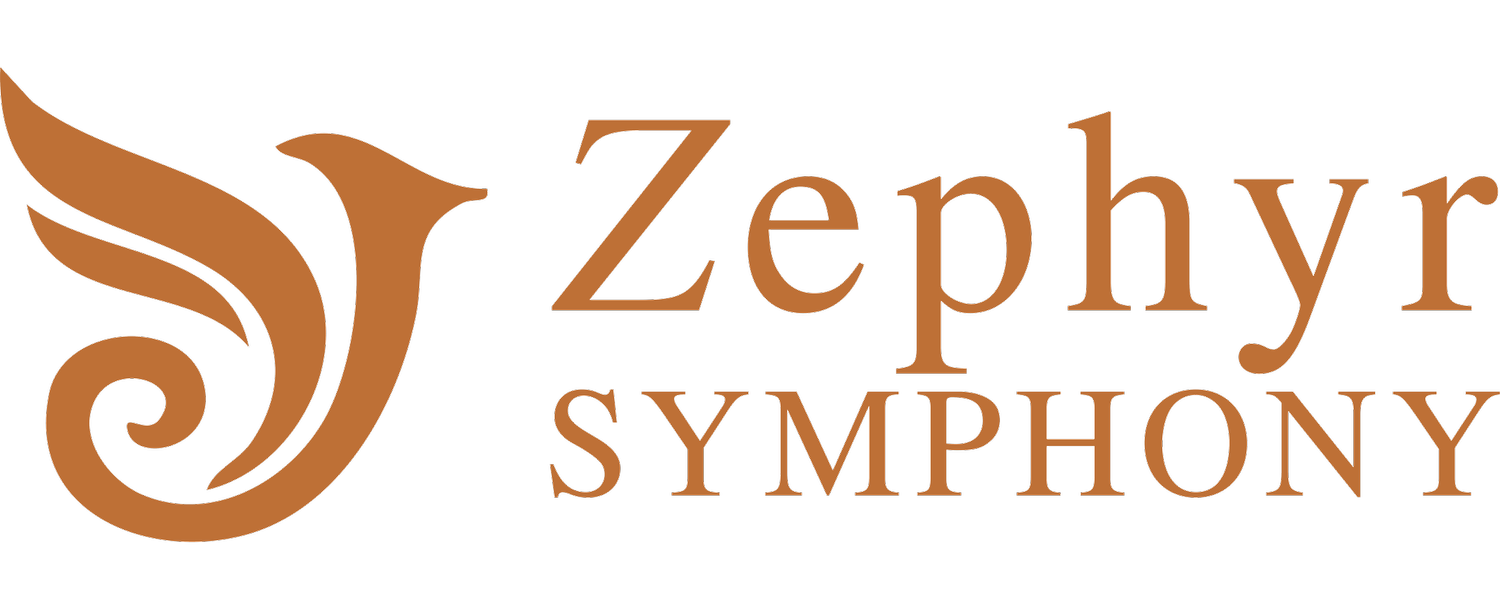MESSIAH
December 21, 2025, 4 pm
St. Mark’s Lutheran Church, San Francisco
Shawnette Sulker
Soprano
Kyle Tingzon
Countertenor
Alexander John Perkins
Tenor
William Raskin
Baritone
Few works in the choral-orchestral repertoire have achieved the enduring cultural and spiritual impact of George Frideric Handel’s Messiah. Composed in just 24 days in 1741, this English-language oratorio has become synonymous with both the grandeur of sacred music and the intimate expression of personal faith. This performance brings together the Zephyr Symphony and Zephyr Chorus under the direction of Don Scott Carpenter in an abridged version perfect for the whole family.
Soprano Shawnette Sulker brings radiant clarity to arias such as “Rejoice greatly” and “I know that my Redeemer liveth,” her voice imbued with both virtuosity and conviction. Kyle Tingzon’s countertenor lends haunting beauty to “He was despised,” a moment of profound pathos and dignity. Tenor Alexander John Perkins delivers the narrative clarity and expressive fervor central to “Comfort ye” and “Thou shalt break them,” while William Raskin anchors the work with the commanding authority of “The trumpet shall sound” and “Why do the nations so furiously rage together?”
As the “Hallelujah” chorus resounds and the final “Amen” ascends, we are reminded that Messiah is more than music—it is a communal act of praise, resilience, and hope that continues to resonate across centuries and cultures.
Artists
Don Scott Carpenter, conductor
Shawnette Sulker, soprano
Kyle Tingzon, countertenor
Alexander John Perkins, tenor
William Raskin, baritone
Zephyr Symphony
Zephyr Chorus
Program
Handel | MESSIAH





